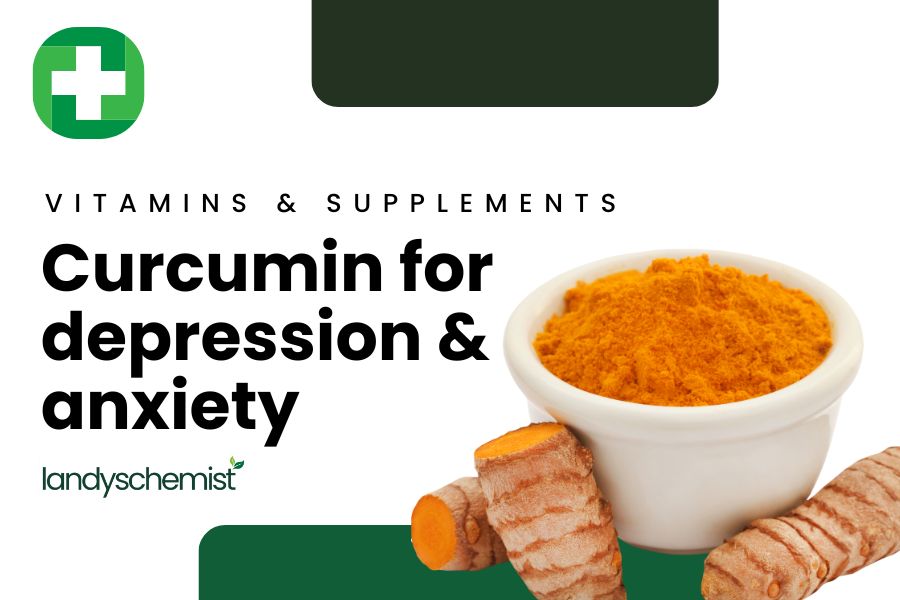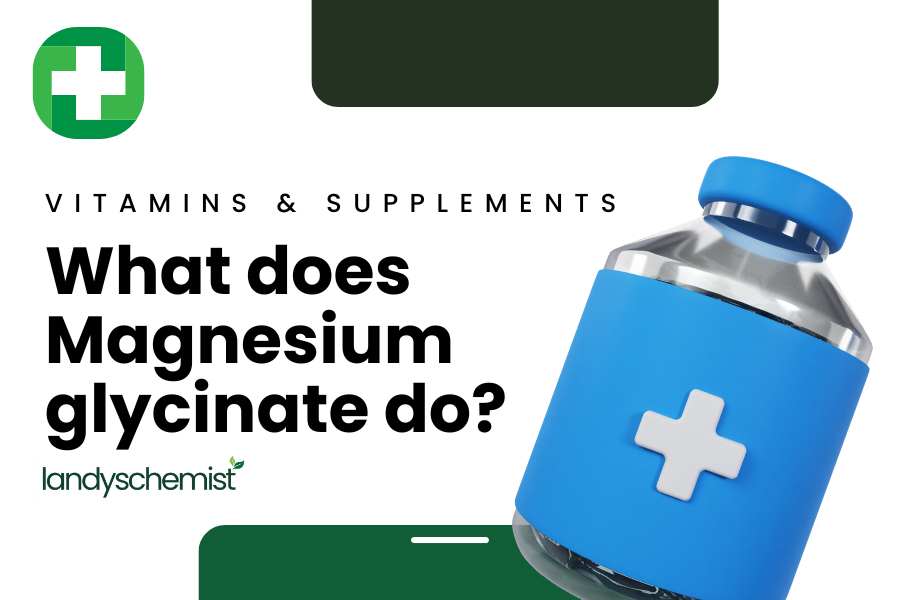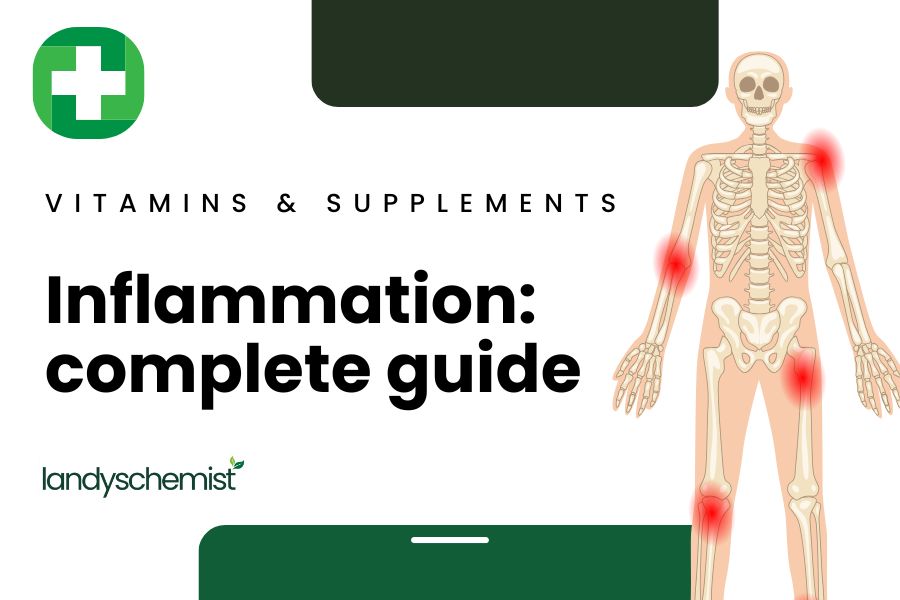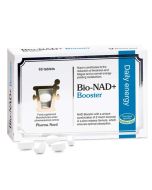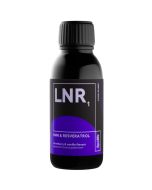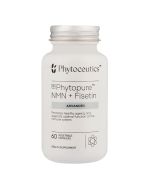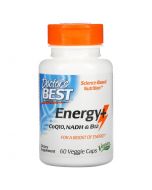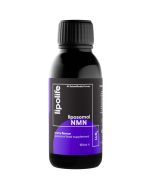
Can you take NAD+ and NMN together?
Both NAD+ and NMN supplementation have been studied towards their role in cellular energy metabolism, which may have the potential to enhance various aspects of health and combat age-related decline and diseases.
Many turn to supplements to support optimal health and well-being, with a more recent rise in interest surrounding NMN and NAD+ supplementation.
In this blog we discuss the research surrounding both NMN and NAD+, and whether these compounds can be taken together.
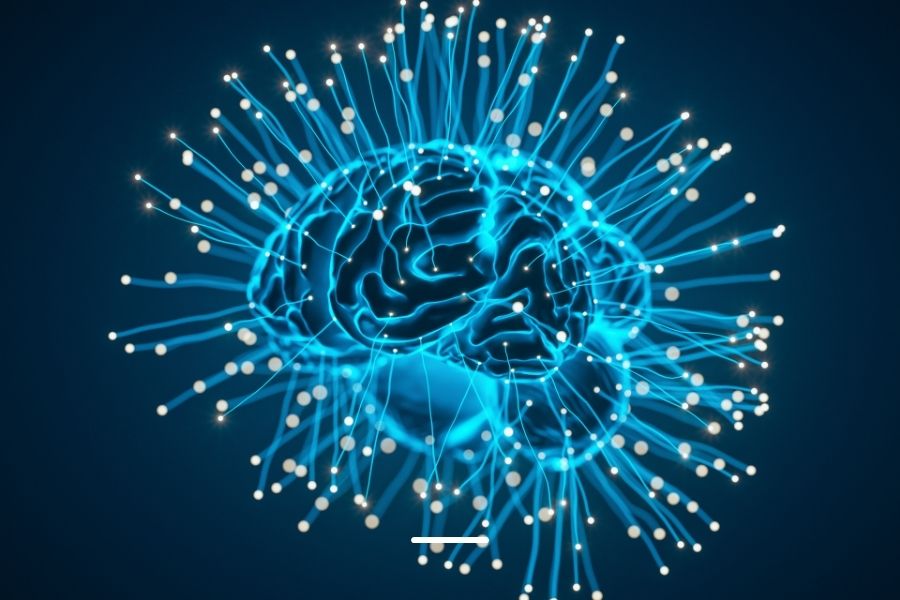
Key Takeaways
- NAD+ serves as a coenzyme, supporting cellular function, energy metabolism, and also acts as a powerful antioxidant
- NMN is converted into NAD+ by the body
- NMN and NAD+ supplementation may help mitigate age-related decline such as Alzheimer’s
- Both NMN and NAD+ can be taken together, depending on your age and health concerns.
What are NAD+ and NMN?
Nicotinamide adenine dinucleotide (NAD+) and nicotinamide mononucleotide (NMN) are both essential molecules involved in cellular energy production and various metabolic processes.
NAD+ serves as a coenzyme, facilitating redox reactions (chemical reactions that help with the transfer of electrons) crucial for energy metabolism, DNA repair, and cellular signaling. NMN, on the other hand, acts as a precursor to NAD+ synthesis (providing the building blocks for cells to produce NAD+). Therefore, when NMN is absorbed into cells, it is converted into NAD+ through a series of enzymatic reactions.
Should you take NAD+ and NMN together?
Combining NAD+ and NMN supplementation may offer synergistic benefits for cellular health and energy metabolism. As NAD+ is required for a range of processes within the body, NMN supplementation can help to boost the effectiveness of these NAD+-dependent processes to promote cellular health and potentially mitigate age-related decline and various health issues.
If NMN supplementation boosts NAD+ longevity, do I need to take NAD+ too?
While NMN supplementation can indeed increase NAD+ levels, whether or not you need to take NAD+ directly depends on various factors, including individual health concerns and goals.
For some individuals, especially those experiencing age-related decline or certain health conditions, directly supplementing with NAD+ may be beneficial to ensure optimal levels of this crucial coenzyme.
However, for others, particularly those who are younger or have no specific health concerns, NMN supplementation alone may be sufficient to support NAD+ levels and promote cellular health. NMN can be converted into NAD+ within cells, providing a natural and effective way to boost NAD+ levels.
NMN and NAD+ roles in treating Alzheimer’s disease
NAD+ declines with age, leading to numerous examinations into the degree in which this decline occurs to understand its role in age-related decline, particularly Alzheimers.
Alzheimer's is characterised by the disruption of brain cell function, including the accumulation of toxic proteins like ß-amyloid and neurofibrillary tangles. A study by researchers from Tongji University and Nanjing Medical University in China found that NMN supplementation reversed Alzheimer's effects in mice. NMN increased levels of nicotinamide adenine dinucleotide (NAD+) in cells, associated with improvements in age-related diseases.
It also helped to improve cognitive function, reduce toxic protein production, and decrease inflammation in the brains of diseased mice. Spatial learning improved significantly in NMN-treated mice, almost reaching normal levels.
Moreover, NMN reduced amyloid ß oligomers and plaque buildup in the brain, as observed under a microscope. Additionally, NMN treatment lowered levels of molecules linked to neural inflammation.
The study suggests NMN as a potential treatment for Alzheimer's. With its ability to enhance cognitive function, reduce plaque accumulation, and improve neuroinflammation, NMN holds promise as a therapeutic option for Alzheimer's in the future.
Read more: NMN's anti-aging formula
References:
- https://www.ncbi.nlm.nih.gov/pmc/articles/PMC7238909/
- https://www.ncbi.nlm.nih.gov/pmc/articles/PMC9036060/
- https://www.ncbi.nlm.nih.gov/pmc/articles/PMC9039735/
- https://pubmed.ncbi.nlm.nih.gov/28330719/
By Rhysa Phommachanh BA (hons) Specialist Hair and Media Make-up

